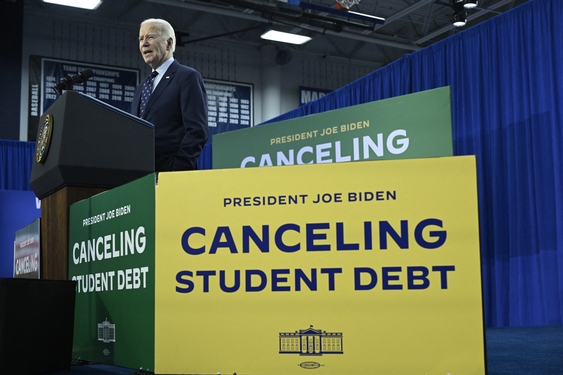The U.S. Department of Commerce estimates that the number of international visitors to the country increased 11 percent in 2007 from the previous year. Though the primary pragmatic cause of this increase is unwelcome – the freefall of the dollar against major currencies, particularly the Euro – its ultimate effect is both rehabilitative and necessary.
While this country has historically (though not lately) been willing to accept visitors and immigrants from abroad with relatively open arms, these “foreigners” were often relegated to a subservient and segregated existence, a fate broken only by subsequent generations who found increasing acceptance by intertwining their otherness into the larger social fabric.
In the summer of 2008, in the vacation season of an increasingly egalitarian globe, however, the great unwashed have become the finely washed and coiffed high rollers at the Wynn Las Vegas. The huddled masses huddle around the spa at the Fairmont Hotel in San Francisco. The only thing that makes these foreigners cold is a bottle of Sunset Boulevard’s finest bubbly.
This recreational international invasion is as subtle as it is substantive. Everywhere I went, I heard French, Chinese, Russian and Spanish spoken, peppered with proper nouns I could easily recognize: Hollywood, Bellagio, Central Park, Embarcadero.
Unlike Americans, who unintentionally but consistently live up to their stereotypes as excessively loud and conspicuous while traveling abroad, the visitors to our country are quiet – either, I suppose, reverential or fearful. Maybe both. Maybe neither.
I’m sure it’s nativistic and narcissistic to think so, but I always imagine that international tourists can’t help but be a bit whelmed by their first stay here. Some are overwhelmed, perhaps, by the size of the cities and the expanses of open space that they might lack back home, others are underwhelmed, no doubt, by the homeless, the inner city decay and the monolingualism that belies our gaudy, shining image shipped ceaselessly to foreign shores.
Such speculation begs the question: what kind of welcome mat do we, intentionally or unintentionally, roll out? What must all of our guests think about the incredibly inhospitable tourism infrastructure of this country? Save for airport baggage claims or public transportation in New York City or Los Angeles, you’ll be hard pressed to find signage in anything other than English, to say nothing of the language skills of our concierges, tour guides, ticket takers and law enforcement officers. I believe that Americans mean to be accommodating to the wayward foreign wanderer, but we lack the skills and know-how to make our country accessible to anyone but the most proficient of English speakers.
Consider the imbalanced inverse – when we travel, we are the beneficiaries of a global familiarity with English as the 20th Century lingua franca of business, science and erudition. How many of us don’t even think of picking up a guidebook or dictionary, armed with the confidence that regardless of locale, there will be someone within walking distance that speaks English who will be able to help us on our way? We entertain and perpetuate, at a very fundamental level, our conceptualizations of “home” and “abroad,” never thinking honestly about the trials of someone Out There getting around Back Here.
How remarkable, then, are the legions of tourists in this country making their way from coast to coast, casino to casino, straining their ears to decode unfamiliar constructions, squinting at bills and agreements and instructions, all the while hoping they’ve remembered the difference between “sun” and “son,” “berth” and “birth,” and “teas,” “tease” and “tees.” Amazing, then, to hear a French family ordering off the secret menu at In-N-Out, to see a Thai family effortlessly navigating BART just outside of Oakland, to witness an enormous Japanese tour group convincing a Russian couple in Santa Monica that taking the 405 at that time of day would be “real horrible.”
I am not foolish enough to think that international tourists accurately represent the countries from whence they came. Global travel has always been a privilege of the elite, and despite our increasingly borderless world, many are left behind. But the travelers, the adventurers, are always the torchbearers of what is to come.
Let us remember the summer of ’08 as an economic recession that produced social progression, as vacation months filled with belt-tightening and perspectives broadening. Let us remember that, for all of her rolling plains, purple mountains and sandy coasts, America will never be an island, and it is high time we realize why.



